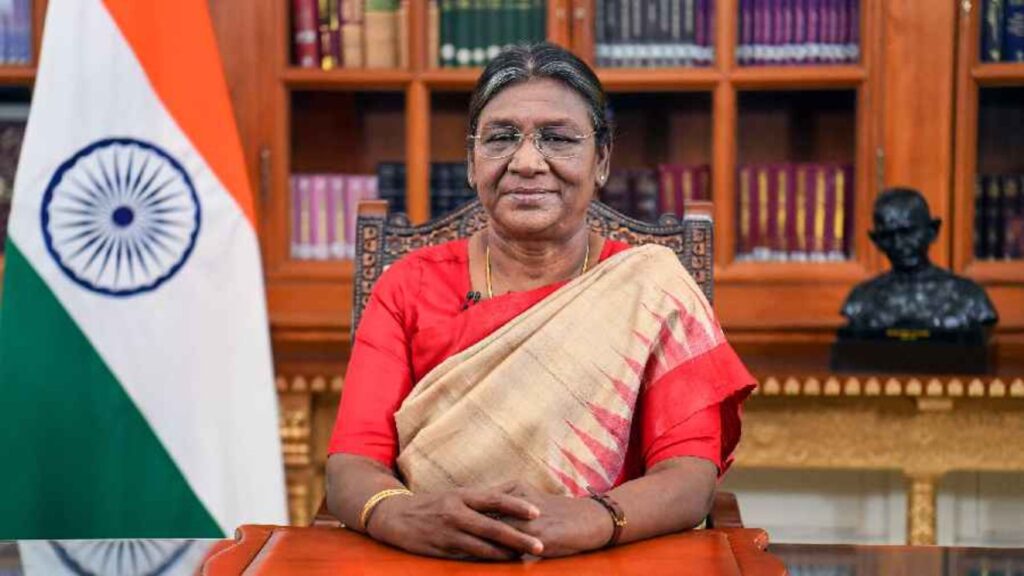Jahanvi Agarwal
Uttarakhand has recently made history as the first state in independent India to enact a Uniform Civil Code (UCC) Act. President Droupadi Murmu approved the UCC Bill, 2024, which notably excludes the tribals from its scope and prohibits practices such as halala, iddat, and talaq, which are associated with Muslim Personal Law.
The State Assembly passed the bill on February 7, 2024, ensuring that women receive equal rights concerning property and inheritance. According to the gazette notification issued by the State, President Murmu assented to the bill on March 11, 2024, and it is now published as Act Number 3 of the year 2024 for general information.
This legislation was a promise made by the BJP during the 2022 Assembly elections in Uttarakhand. Chief Minister Pushkar Singh Dhami welcomed the President’s approval and emphasized the government’s commitment to providing equal rights to all citizens. He stated, “The oppression of women will be curbed. The UCC will play an important role in promoting harmony by proving the importance of social equality in the State.”
The bill, consisting of 392 Sections under seven Schedules, is based on a comprehensive draft prepared by an expert committee formed by the government in June 2022. This committee, chaired by Retd. Justice Ranjana Prakash Desai, submitted its draft to the State on February 2nd, which was later passed by the State Cabinet on February 4th. After approval by the State Assembly, the bill received the Governor’s nod on February 28th and was subsequently sent for final approval to the President, as UCC falls under the Concurrent list and requires the President’s approval.
A committee has been formed by the government to oversee the rules and implementation of the UCC, headed by UCC draft committee member and retired IAS officer Shatrughan Singh. The Chief Minister, while addressing the Assembly, highlighted the key provisions of the bill, including the ban on polygamy, polyandry, halala, iddat, and talaq, ensuring equal rights for both men and women in marriage and divorce matters. Notably, the bill also imposes strict penalties for offenses such as halala and failure to register live-in relationships.
Additionally, the UCC Bill sets the minimum age of marriage at 21 years for boys and 18 years for girls and mandates the registration of marriages and divorces to avail government benefits. In cases of divorce or domestic disputes, the custody of children up to 5 years of age will remain with the mother. The bill also ensures equal property rights for sons and daughters across all classes and recognizes children born out of live-in relationships as legitimate.

